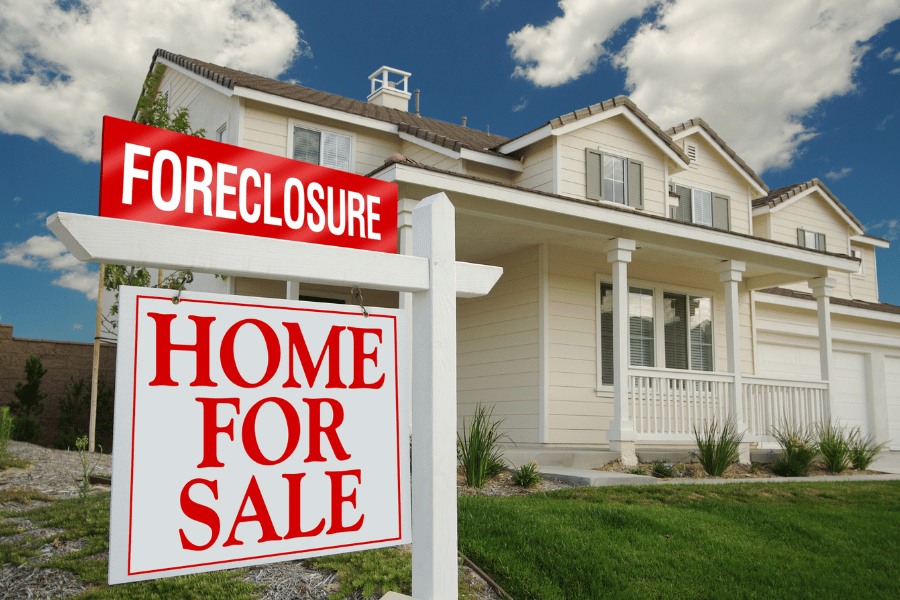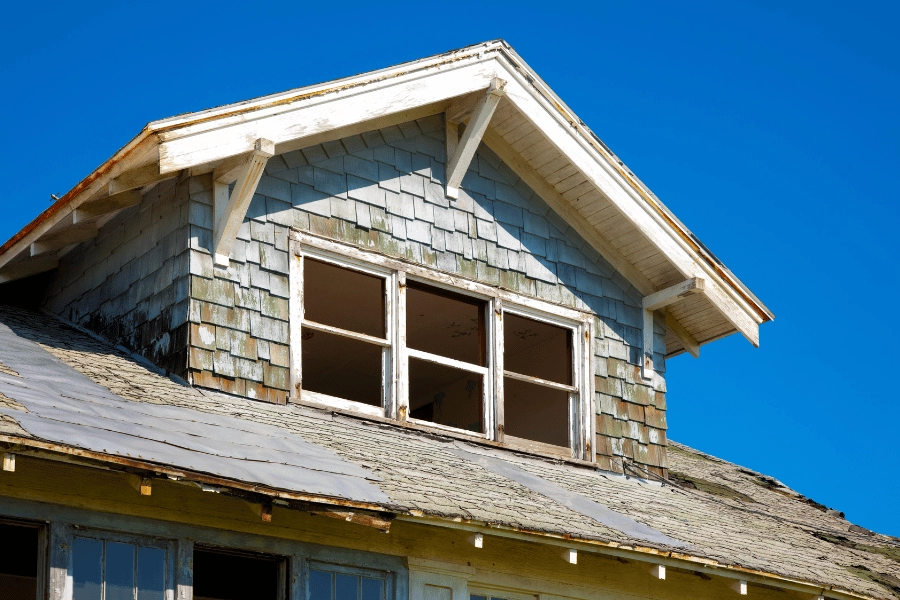The Ultimate Guide to Short Sale House Listings
Are you interested in learning more about short sale house listings? Here is everything you need to know about short sale house listings.
Whether you are a first-time home buyer or a seasoned pro, you may have asked, "What is a short sale in real estate?" A short sale is simply when a homeowner owes more to their home than its current market value and puts it on the market.
Similarly to buying a foreclosed home, many homebuyers look for short sale house listings in order to buy a home for a reduced price. While buying a home can be a lengthy and overwhelming process, a short sale is no different. Short sales can be very different than traditional sales, as short sales have a unique sale process, legal considerations, and more.
Even though short sales can be hard to navigate, they can provide an excellent opportunity for potential homebuyers. If you are in the market for a new home, definitely consider buying a short sale house.
If you do consider this type of home purchase, it is important to know everything you can about the process. Luckily, we have created this ultimate guide to aid you through buying a short sale house listing.
Keep reading to learn all about short sale house listings.
1. What Is a Short Sale House Listing?
In real estate, a short sale will occur when a homeowner sells their property for less than the outstanding mortgage balance with the lender's approval. This is most likely due to financial hardships. If you are planning on buying a short sale, negotiation strategies with the lender may be required, and it might take longer than a traditional home sale.
Many homeowners turn to short sale in order to avoid foreclosure. However, the process can still have credit implications and potential tax consequences. To start the process, a lender will report the short sale to the credit bureaus. Homeowners could possibly have to pay income tax on the difference between the purchase price and unpaid mortgage balance. As a result, you should know the current market conditions and how a short sale is conducted.
If you want to buy a short sale, you can typically offer slightly less than home value. However, you shouldn't go too far under the home value, or it may not be approved. The mortgage lender will need to recover as much money as possible.
In order for a short sale to happen, the homeowner must convince their lender to accept less then the home is worth. Which is why it is called a "short" sale. Lenders agree that if the home is worth less than the borrower paid, the borrower cannot make the payments.
As a homebuyer, you will want to buy a short sale home because it can be a bargain. You may also have less competition from other buyers. Unlike a foreclosure, you can conduct a walk-through and inspection before making an offer on a short sale. All in all, a short sale home is typically in better shape than a foreclosed home.

2. How Do I Find Short Sale Homes?
If you are considering buying a short sale home, you'll need a buyer's agent. A buyer's agent is a real estate agent who specializes in locating and purchasing a local home. In addition, a buyer's agent will help you spot the hidden costs when buying a home. Most of the time, the seller pays the buyer's agent's commission, which is how a buyer's agent makes money.
If you do not have a buyer's agent, you can search for short sales through the MLS. The MLS lists homes directly but may not always say "short sale." It may say "subject to bank approval," "notice of default," or "deaded for auction." So, read through the homes carefully.
You may also find short sales through a real estate agent who specializes in short sales. These are listing agents who represent lenders and may have an SFR (short sales and foreclosure resource) certification from the National Association of Realtors. However, you may still want a buyer's agent to represent and protect you.
Finally, consider looking through online platforms that have specific searches for buyers. If all else fails, you can go directly through the courthouse. The city or county clerk's office may have lists of people in loan default or pre-foreclosure. This is the step right before foreclosure, typically six months before the bank forecloses the home.

3. How Do I Buy a Short Sale House?
Now that you know what a short sale is and where to find it, you need to know how the process differs from a traditional process. Whether you are buying or selling a short sale property, many steps are involved. The sellers must show proof of hardship to their lender, and agents must disclose the short sale, buyers' due diligence, and lender approval. This will be a lengthy process, and everyone involved must be patient throughout.
First, homeowners have to discuss their options with the bank. This conversation between the mortgage lender and the seller is not the same as getting lender approval. It gives a seller the opportunity to learn about short sale requirements. A lender will provide a list of items the seller will need to obtain a short sale, which the seller collects and gives to the lender.
After this, the real estate agent will prepare a CMA, or comparative market analysis. This report is used to determine the property's fair market value, and banks typically require it to determine the listing price.
Once the home is listed, the agent will start advertising the property, or the seller can list it for sale by the owner (FSBO). Short sales can be marketed like regular listing through online sites, yard signs, flyers, or social media. Interested buyers will see it and start making offers.
Before potential buyers make offers, due diligence begins when a home inspection happens to uncover potential issues. Buyers need to inform their lender that they are buying a short-sale property, so the loan agreement accounts for the extended timelines. Buyers should ask about the mortgage extension policy and potential fees and penalties.
Once the sale goes through, all parties need to attend the closing. Buyers will acquire the property, and agents will receive their compensation. Lenders will retain the balance of the proceeds of the sale, and sellers may have to contribute funds to cover the difference between the selling price and the outstanding mortgage.
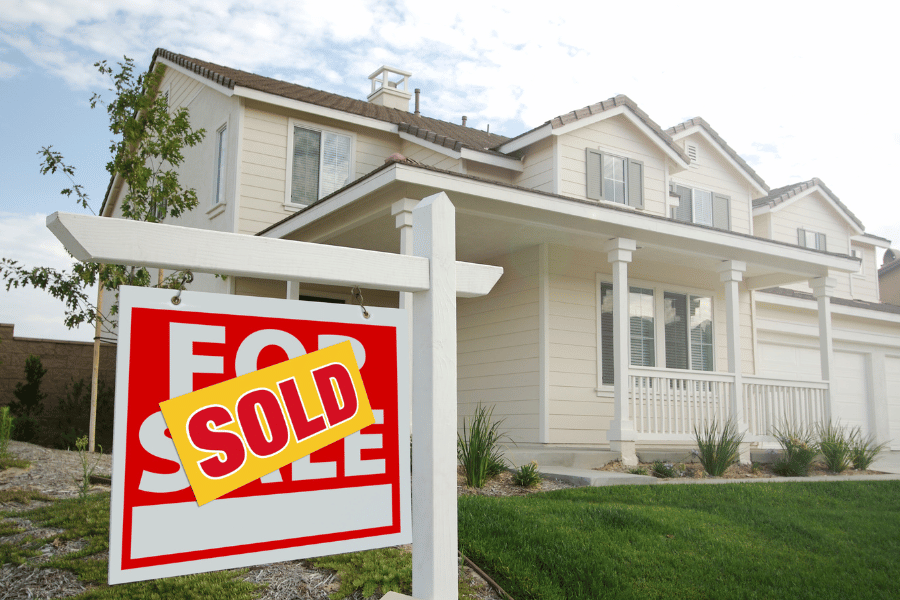
4. What Are The Benefits of a Short Sale?
There are many benefits of a short sale property for both buyers and sellers. Here are the top benefits of a short sale.
- Short sales are bought below market value. This is one of the main benefits of a short sale for buyers.
- Sellers can avoid foreclosure by choosing a short sale. This will minimize the impact on their credit and financial future. All homeowners do everything they need to do in order to avoid foreclosure, and a short sale is a great alternative.
- Short sales allow sellers to avoid financial stress. Most sellers in a short sale are already under financial stress, but it will help them reduce their outstanding mortgage debt.
- Short sales need fewer repairs than foreclosures or abandoned properties. While short-sale house listings may not be in as good shape as a typical home on the market, buyers can conduct walk-throughs and inspections. This way they can sort out any potential problems before buying and moving into their new home.
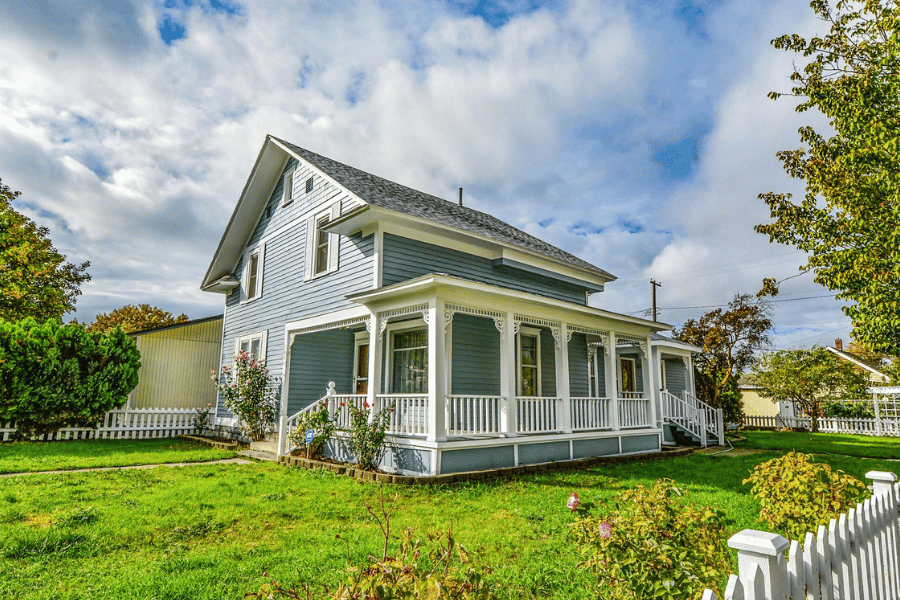
5. What Are The Drawbacks of a Short Sale?
While short sales can provide relief for sellers, they will still have their cons. It is important to understand the pros and cons before making such a big decision. Here are the most common drawbacks of short sales.
- Typically, the approval process from the seller's lender for a short sale is much longer. This can lead to delays and uncertainties, meaning if the buyer needs to move into the house fast, a short sale might not be their best option.
- Short sales can negatively impact the seller's credit. While avoiding foreclosure is good for a seller, a short sale can still impact their ability to obtain future loans or credit.
- Buyers have limited options when searching for a short sale.
- Sellers can face deficiency judgments, meaning they are responsible for the remaining difference between the sale price and the outstanding mortgage balance.

Methodology
We used information and data from several different sources, as well as our own data, to determine everything you need to know about short sale house listings. Most of the data was sourced from the following sources:
FAQ: Short Sale House Listings
Here are some commonly asked questions about short sale house listings.
What is the downside of a short sale on a home?
The short sale process can be lengthy, especially if the homeowner starts missing payments and the home is foreclosed. Foreclosure is when a home is given to the bank because the homeowner is unable to pay the mortgage.
Which property would most likely qualify for a short sale?
A home that is worth less than the homeowner's payoff amount is most likely to qualify for a short sale. The lender will obtain a property evaluation and the homeowner must prove financial hardship in order to qualify.
Do banks negotiate on short sales?
It is possible to negotiate the purchase price for a short sale. However, it isn't guaranteed for the seller's mortgage lender to approve your price. The homeowner is most likely going through a financial hardship and will not be able to assume additional closing costs or make concessions.
Who benefits from a short sale?
Since the homes may be in worse shape as the owner is in financial trouble, short sale homes go for a reduced price. As a result, investors and first-time buyers can benefit from buying the home at a lower price.
What is the most common alternative to a short sale?
Whether you are a homeowner or buyer, buying a short sale home is a great option. Another great alternative is foreclosure; this is typically the other option homeowners have when they are behind on mortgage payments or the home is worth less than the amount owed on the mortgage.
Short Sale House Listings - The Bottom Line
Whether you are an investor, real estate agent, buyer, or seller, you should know how a short sale house listing works. All parties must work together to ensure deadlines are met, and communication is stable.
As a buyer, you must learn how to be patient and aware of the risks. Like any sale, there will be pros and cons, so you should research to ensure you're making the right decision.
As you decide where to move next, consider the Triangle, which has many homes with amenities and local favorites surrounding your family. Whether you are searching for a single-family home, townhome, short sale, or apartment complex, you are bound to find the best home in Raleigh for you and your family for the best price.
Before you buy your next home in the Triangle, feel free to contact one of our helpful real estate specialists, as they are eager to help you find the perfect home. We know that buying a home can be overwhelming, but a real estate agent can walk you through the process of a short sale house listing.
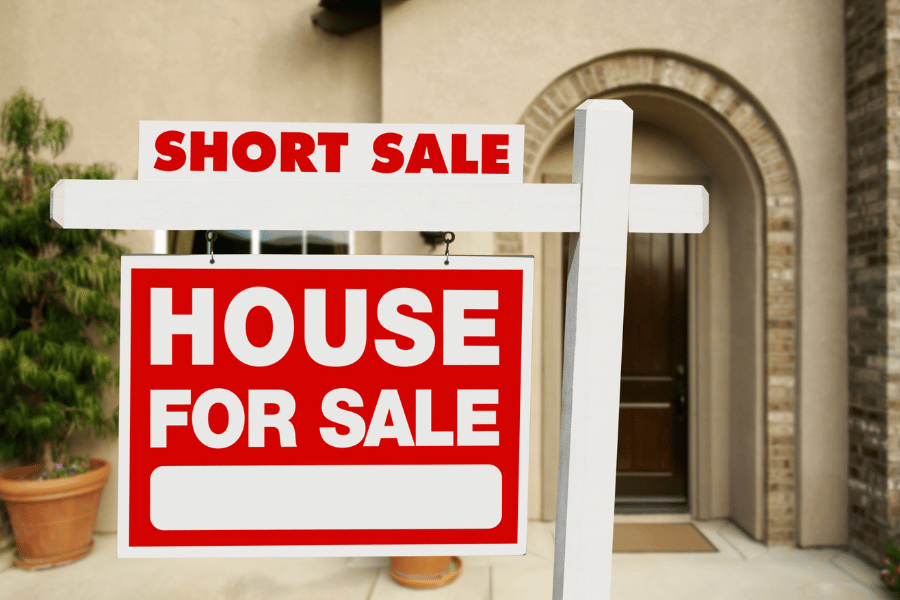
.png)

